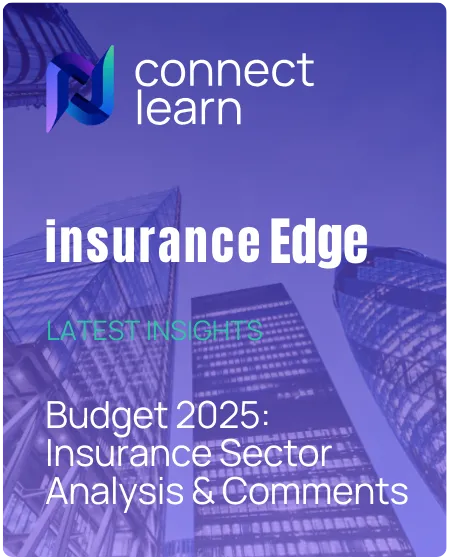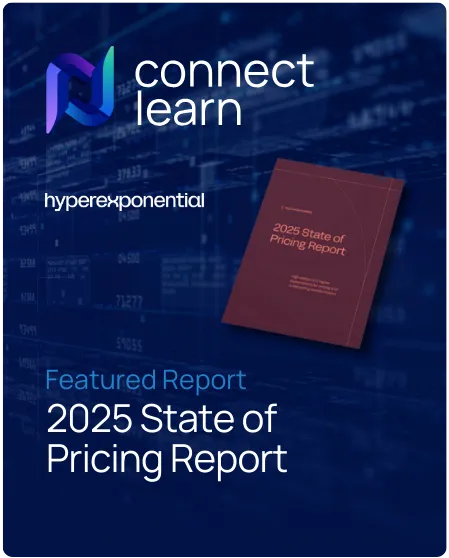Analysts at KBW have indicated that insurers should be able to navigate any challenges arising from the recently announced U.S. tariffs, with industry players likely having ample time to request rate increases, which state regulators are generally expected to approve.
In what U.S. President Donald Trump described as the beginning of a “golden age” for America, his administration has announced a 25% tariff on all foreign-made vehicles. Additionally, the European Union will face a 20% tariff on goods entering the U.S., while goods from the United Kingdom will incur a 10% tariff.
President Trump emphasised that countries would be subjected to reciprocal tariffs based on the duties they impose on U.S. goods, with a minimum tariff, or baseline, of 10%.
Chinese goods will face a 34% tariff, while Indian goods will be hit with a 26% tariff.
Given all this, KBW has highlighted that the tariffs will primarily affect personal insurance, as well as commercial auto physical damage, commercial property, marine lines, and surety— the latter reflecting potential financial challenges for contractors—due to increased claim costs, including higher prices for car parts, used cars, and construction materials.
“That said, we expect insurers to be able to navigate these issues; Mexico and Canada (which accounted for more than half of 2024 car parts and sawn wood imports) apparently aren’t facing new tariffs, and since it should take time for current inventories to decline and for tariff-related inflationary impacts to manifest, we think insurers have time to file for rate increases,” KBW’s analysts observed.
They continued, “We also think that state regulators (many of whom very recently faced limited insurance availability) are generally likely to approve the requested increases, given the fairly obvious loss cost inflation.”
Analysts at Autonomous have also shared their views on the news, stating that while continued uncertainty makes it difficult to precisely quantify the effect of tariffs on claims severity, the firm’s takeaway is that the auto underwriters are likely to see loss costs increase in the neighborhood of +2-4% as tariffs trickle all the way down from importers to claimants.
Autonomous’ analysts added, “Personal auto underlying underwriting combined ratios continue to run well below historical averages, and while exposure values on new cars will need to increase to account for tariffs, we don’t expect to see outsized urgency to raise prices significantly in the face of tariffs on auto parts.
“In our view, tariffs should be a manageable headwind for incumbent personal auto underwriters like Progressive, Travelers, and Allstate but likely pose a greater concern to scaling underwriters like LMND.”














